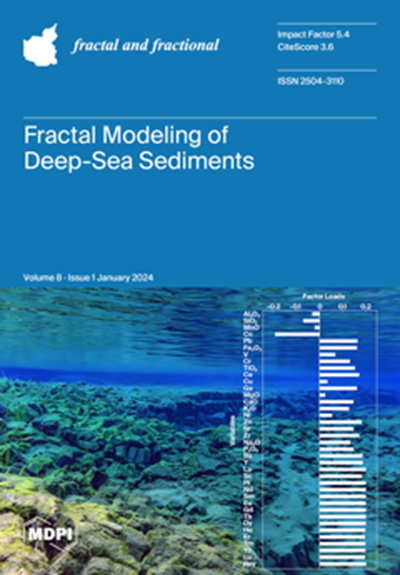基于分数阶加权混合灵敏度的非线性系统鲁棒控制器设计与应用
IF 3.3
2区 数学
Q1 MATHEMATICS, INTERDISCIPLINARY APPLICATIONS
引用次数: 0
摘要
本文主要研究非线性系统的分数阶建模和鲁棒速度控制器的设计。感应电机作为一种众所周知的非线性系统,广泛应用于电动汽车中。在设计一种鲁棒速度控制器时,主要的挑战是由于机器固有的动力学特性导致机器模型的不足。考虑到模型的不确定性,采用分数阶微积分方法对IM进行小信号建模。在这种情况下,实验数据是近似使用分数阶小信号传递函数。因此,用分数阶加权函数构造了一个混合灵敏度问题。这些加权函数的主要优点是它们在解决涉及更多系数的混合灵敏度问题时具有更大的灵活性。在此基础上,利用Matlab程序中的PID工具箱设计了三个鲁棒速度控制器,分别解决了H∞混合灵敏度问题。该方法的新颖性和贡献在于在处理控制器设计的同时,将闭环响应保持在由分数加权函数确定的安全裕度内。用波德图对鲁棒速度控制器进行了评价,证明所设计的控制器均满足期望的标称性能和鲁棒性标准。随后,使用dsPIC微控制器单元执行所设计控制器的实时实现。实验结果证实,与鲁棒PID和固定结构H∞控制器相比,所设计的基于H∞的分数阶比例积分导数(FOPID)控制器具有良好的跟踪动力学性能,对负载扰动具有鲁棒性,并能有效抑制传感器噪声。本文章由计算机程序翻译,如有差异,请以英文原文为准。
Fractional Order Weighted Mixed Sensitivity-Based Robust Controller Design and Application for a Nonlinear System
This paper focuses on fractional-order modeling and the design of a robust speed controller for a nonlinear system. An induction motor (IM), widely used in Electrical Vehicles (EVs), is preferred in this study as a well-known nonlinear system. The major challenge in designing a robust speed controller for IM is the insufficiency of the machine model due to inherent machine dynamics. Fractional calculus is employed to model the IM using the small-signal method, accounting for model uncertainties. In this context, experimental data is approximated using a fractional-order small-signal transfer function. Consequently, a mixed sensitivity problem is formulated with fractional-order weighting functions. The primary advantage of these weighting functions is their greater flexibility in solving the mixed sensitivity problem by involving more coefficients. Hereby, three robust speed controllers are designed using the PID toolkit of the Matlab program and solving the H∞ mixed sensitivity problem, respectively. The novelty and contribution of the proposed method lie in maintaining the closed-loop response within a secure margin determined by fractional weighting functions while addressing the controller design. After evaluating the robust speed controllers with Bode diagrams, it is proven that all the designed controllers meet the desired nominal performance and robustness criteria. Subsequently, real-time implementations of the designed controllers are performed using the dsPIC microcontroller unit. Experimental results confirm that the designed H∞-based fractional-order proportional-integral-derivative (FOPID) controller performs well in terms of tracking dynamics, exhibits robustness against load disturbances, and effectively suppresses sensor noise compared to the robust PID and fixed-structured H∞ controller.
求助全文
通过发布文献求助,成功后即可免费获取论文全文。
去求助
来源期刊

Fractal and Fractional
MATHEMATICS, INTERDISCIPLINARY APPLICATIONS-
CiteScore
4.60
自引率
18.50%
发文量
632
审稿时长
11 weeks
期刊介绍:
Fractal and Fractional is an international, scientific, peer-reviewed, open access journal that focuses on the study of fractals and fractional calculus, as well as their applications across various fields of science and engineering. It is published monthly online by MDPI and offers a cutting-edge platform for research papers, reviews, and short notes in this specialized area. The journal, identified by ISSN 2504-3110, encourages scientists to submit their experimental and theoretical findings in great detail, with no limits on the length of manuscripts to ensure reproducibility. A key objective is to facilitate the publication of detailed research, including experimental procedures and calculations. "Fractal and Fractional" also stands out for its unique offerings: it warmly welcomes manuscripts related to research proposals and innovative ideas, and allows for the deposition of electronic files containing detailed calculations and experimental protocols as supplementary material.
 求助内容:
求助内容: 应助结果提醒方式:
应助结果提醒方式:


